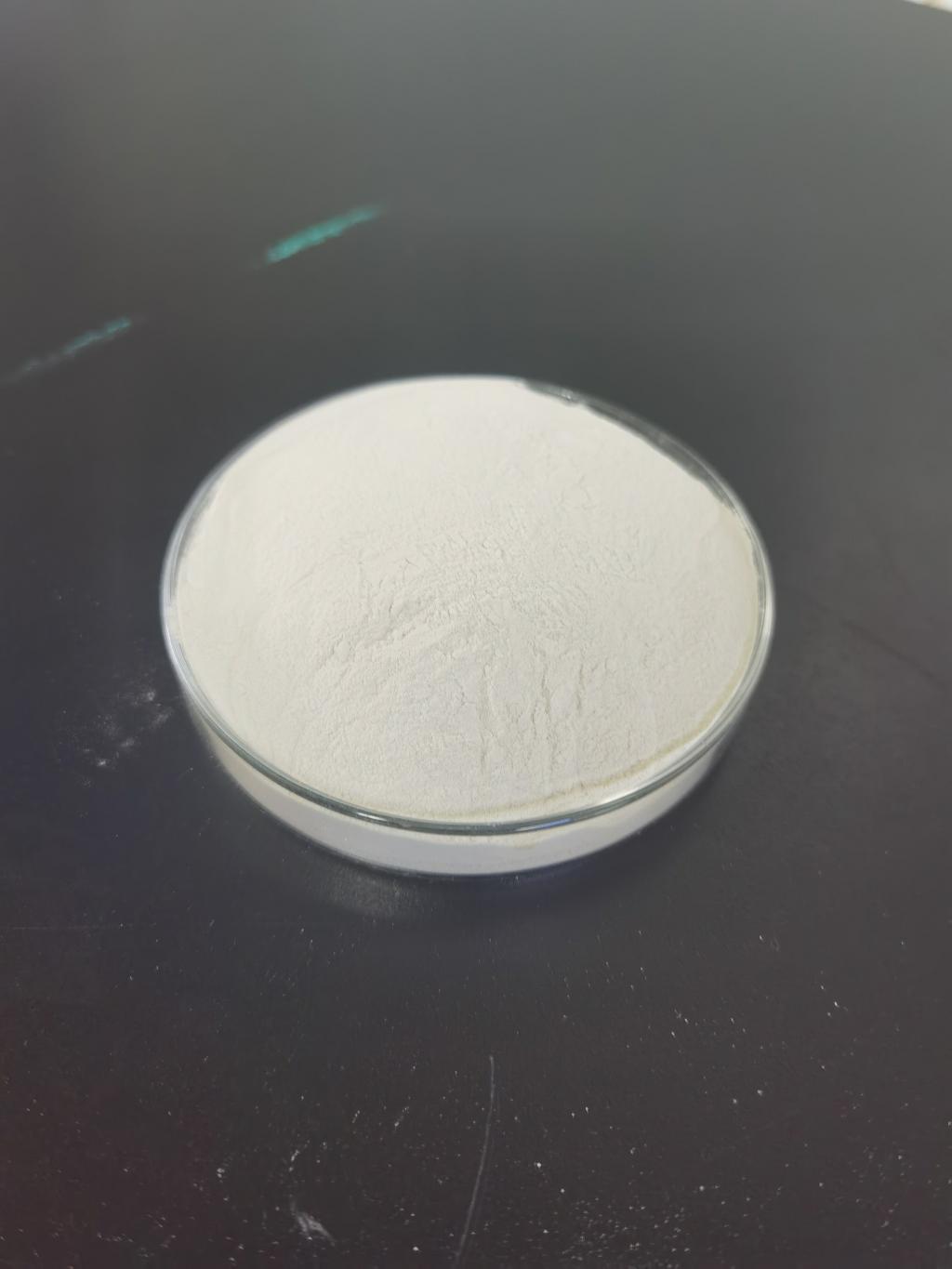Tel:+8618231198596

News
 CONTACT
CONTACT
 CONTACT
CONTACT
- Linkman:Linda Yao
- Tel: +8618231198596
- Email:linda.yao@dcpharma.cn
- Linkman:CHARLES.WANG
- Department:Overseas
- Tel: 0086 0311-85537378 0086 0311-85539701
News
Current Position:
Home >
News
>Can Nisin be used in the preservation of liquid egg products or egg-based dishes?
Can Nisin be used in the preservation of liquid egg products or egg-based dishes?
TIME:2023-07-27
Introduction
Eggs are a widely consumed and highly nutritious food source, often incorporated into various culinary preparations, both in liquid form and as ingredients in egg-based dishes. However, the presence of natural protective barriers, such as the eggshell, is absent in liquid egg products, making them more susceptible to contamination and spoilage. The preservation of liquid egg products and egg-based dishes is vital to extend their shelf life, maintain quality, and ensure consumer safety.
Nisin: A Natural Antimicrobial Peptide
Nisin, a naturally occurring antimicrobial peptide, is produced by certain strains of Lactococcus lactis during fermentation. Known for its potent antimicrobial properties against Gram-positive bacteria, Nisin effectively disrupts the cell membrane of target microorganisms, leading to their demise. Due to its natural origin and safety profile, Nisin has been approved as a food preservative in many countries.
Nisin Application in Liquid Egg Products
Liquid egg products, such as liquid whole eggs, egg whites, and egg yolks, are widely used in the food industry for their convenience and consistency. However, without the eggshell's protective barrier, these products are prone to microbial contamination and rapid spoilage. Incorporating Nisin into liquid egg products can significantly extend their shelf life, reduce bacterial growth, and enhance overall product safety.
Nisin Application in Egg-Based Dishes
Egg-based dishes, including quiches, omelets, and frittatas, are enjoyed by consumers worldwide for their flavor and versatility. However, when not cooked immediately, these dishes become susceptible to microbial contamination and subsequent spoilage. The addition of Nisin into egg-based dishes can inhibit the growth of spoilage microorganisms, providing a valuable solution for extending their shelf life and maintaining taste and quality.
Combating Pathogenic Bacteria
In addition to preventing spoilage, Nisin has shown efficacy against certain foodborne pathogens commonly associated with eggs, such as Salmonella and Listeria monocytogenes. The presence of Nisin in liquid egg products and egg-based dishes can offer an extra layer of protection against potential foodborne illnesses, ensuring consumer safety.
Nisin Dosage and Application
The appropriate dosage of Nisin depends on the specific egg product and target microorganisms. Careful consideration must be given to ensure that the desired antimicrobial effect is achieved without adversely affecting the sensory attributes of the final product. The incorporation of Nisin into liquid egg products and egg-based dishes requires thorough research and optimization to strike the right balance between preservation and taste.
Regulatory Considerations
Nisin is generally recognized as safe (GRAS) for use as a food preservative by regulatory authorities. However, each country or region may have specific regulations and permissible usage levels. Manufacturers of liquid egg products and egg-based dishes must comply with these regulations and provide evidence of Nisin's safety and efficacy in their applications.
Challenges in Nisin Application
While Nisin presents numerous benefits in preserving liquid egg products and egg-based dishes, certain challenges need to be addressed. The limited effectiveness of Nisin against Gram-negative bacteria, which are commonly found in egg-related contamination, may require the use of additional preservation methods to ensure comprehensive microbial control.
Sensory Considerations
The sensory attributes of liquid egg products and egg-based dishes are critical factors affecting consumer acceptance. High concentrations of Nisin may lead to off-flavors or changes in texture. Therefore, manufacturers must conduct sensory evaluations and optimize formulations to maintain the desired taste and texture of the final products.
Future Perspectives
The utilization of Nisin in preserving liquid egg products and egg-based dishes shows great potential in addressing microbial spoilage and food safety concerns. Continued research could focus on novel delivery systems for Nisin, exploring combinations with other preservation technologies, and investigating its impact on the nutritional content of eggs and egg-based dishes.
Conclusion
Nisin, as a natural antimicrobial peptide, offers a promising solution for enhancing the preservation of liquid egg products and egg-based dishes. Its ability to combat spoilage microorganisms and foodborne pathogens provides numerous benefits to the food industry and consumers alike. While challenges exist, further research and practical implementation will contribute to fully harnessing the potential of Nisin in preserving these valuable and versatile food products.
- Tel:+8618231198596
- Whatsapp:18231198596
- Chat With Skype







